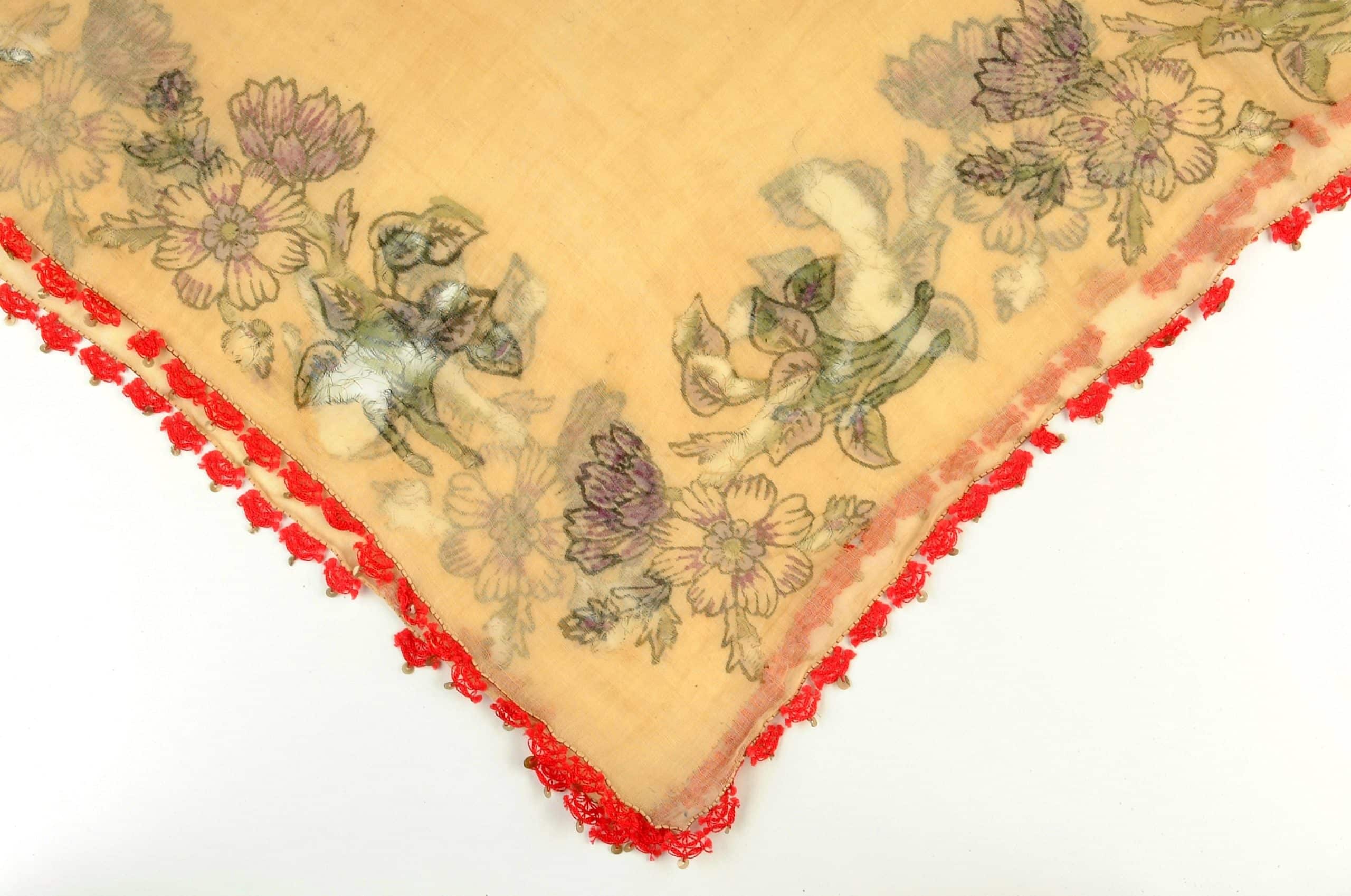
Printed Scarf
This is a square beige scarf decorated along the edges with colourful floral printed designs. It is trimmed with red lace known as pipila. The scarf was one of the items of clothing that indicated the social position of the woman wearing it. It was made of delicate cotton fabric known as...

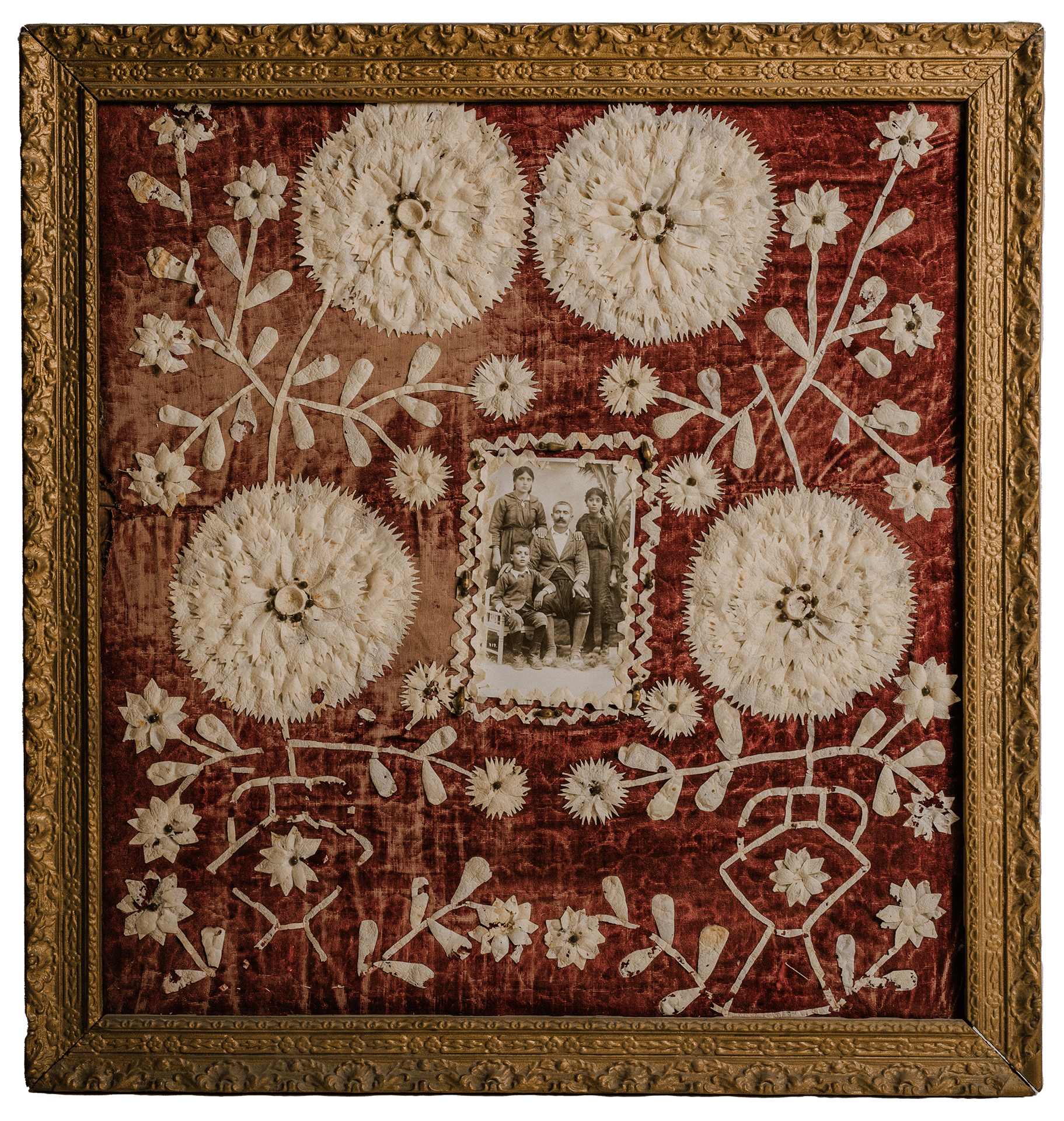
Cocoon Frame
Silk weaving has been present in Cyprus since the Byzantine period. The cultivation of silkworms and the production of silk –sericulture– was mainly an industrial process used to manufacture durable linen and clothing but was also approached in villages as a type of folk art...

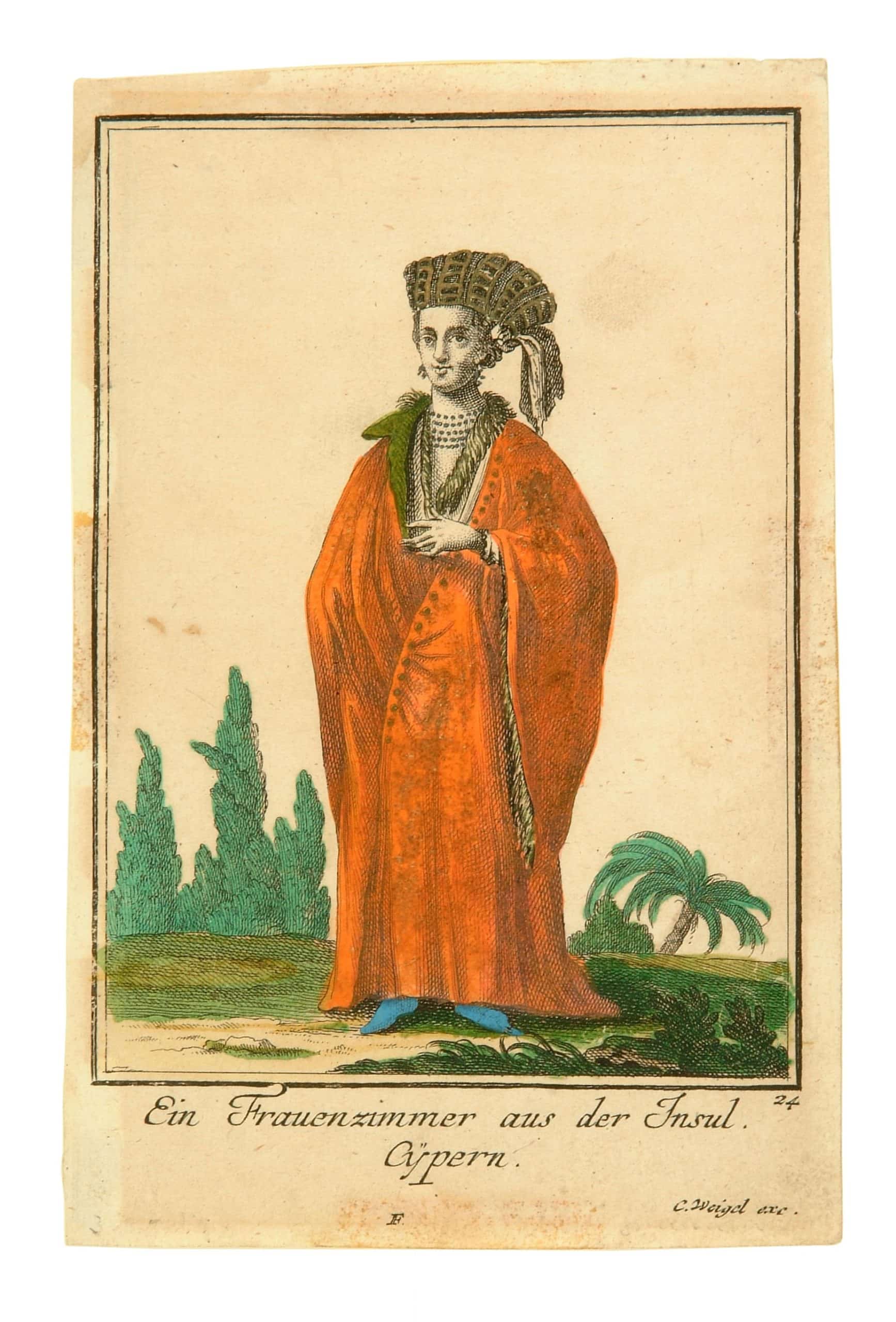
Engraving
This engraving, with the title "Ein Frauenzimmer aus der Insul Cypern" (A lady from the island of Cyprus), comes the publication "Der wahrest- und neuesten Abbildung des Türkischen Hofes Fortsetzung" of 1721 by Charles de Ferriol. It is certain, however, that...

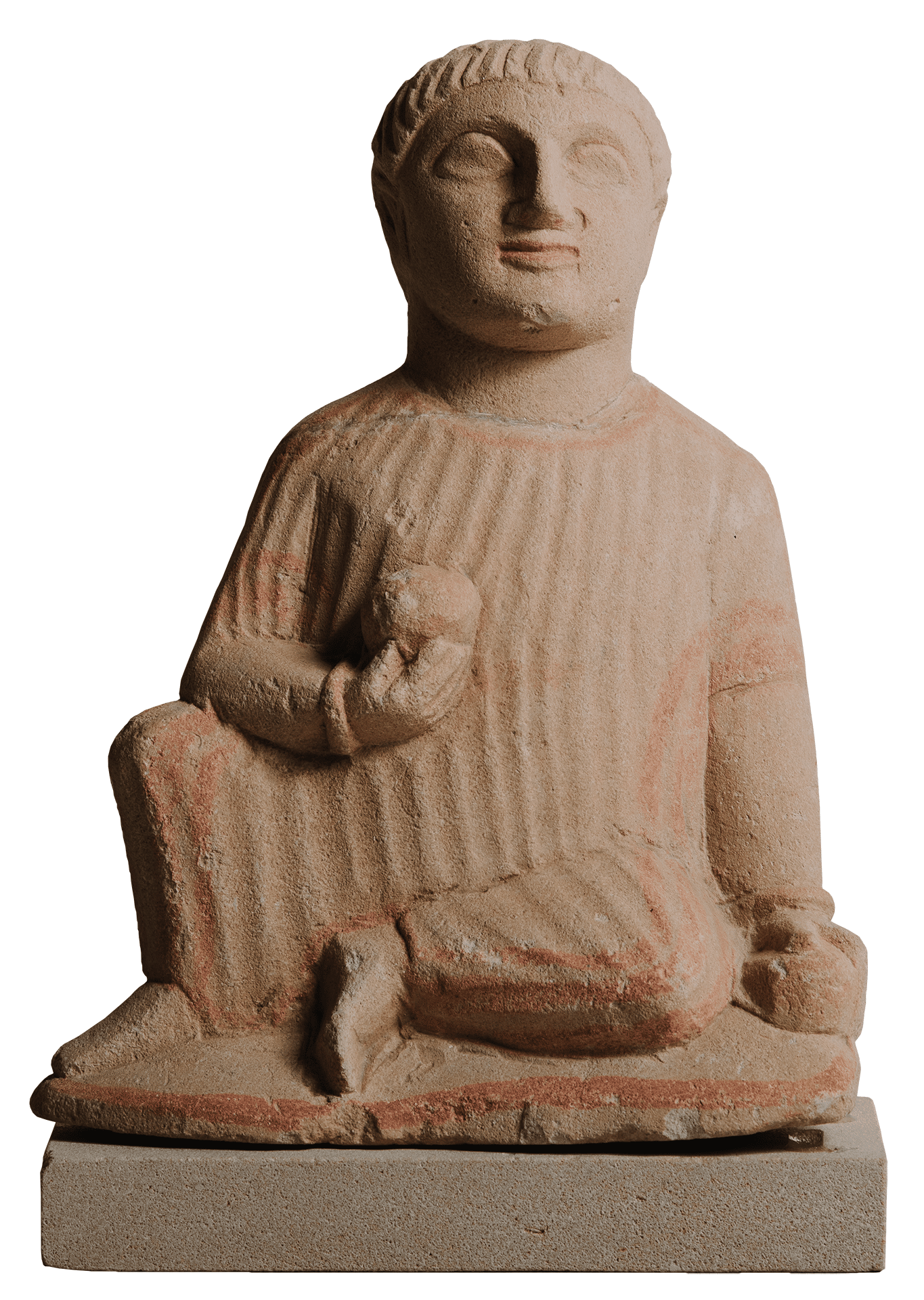
Temple Boy
The temple boy is a type of statuette popular in Cyprus as well as the Levant region. The round-faced boy sits on an irregular plinth and is adorned with bracelets round both wrists...

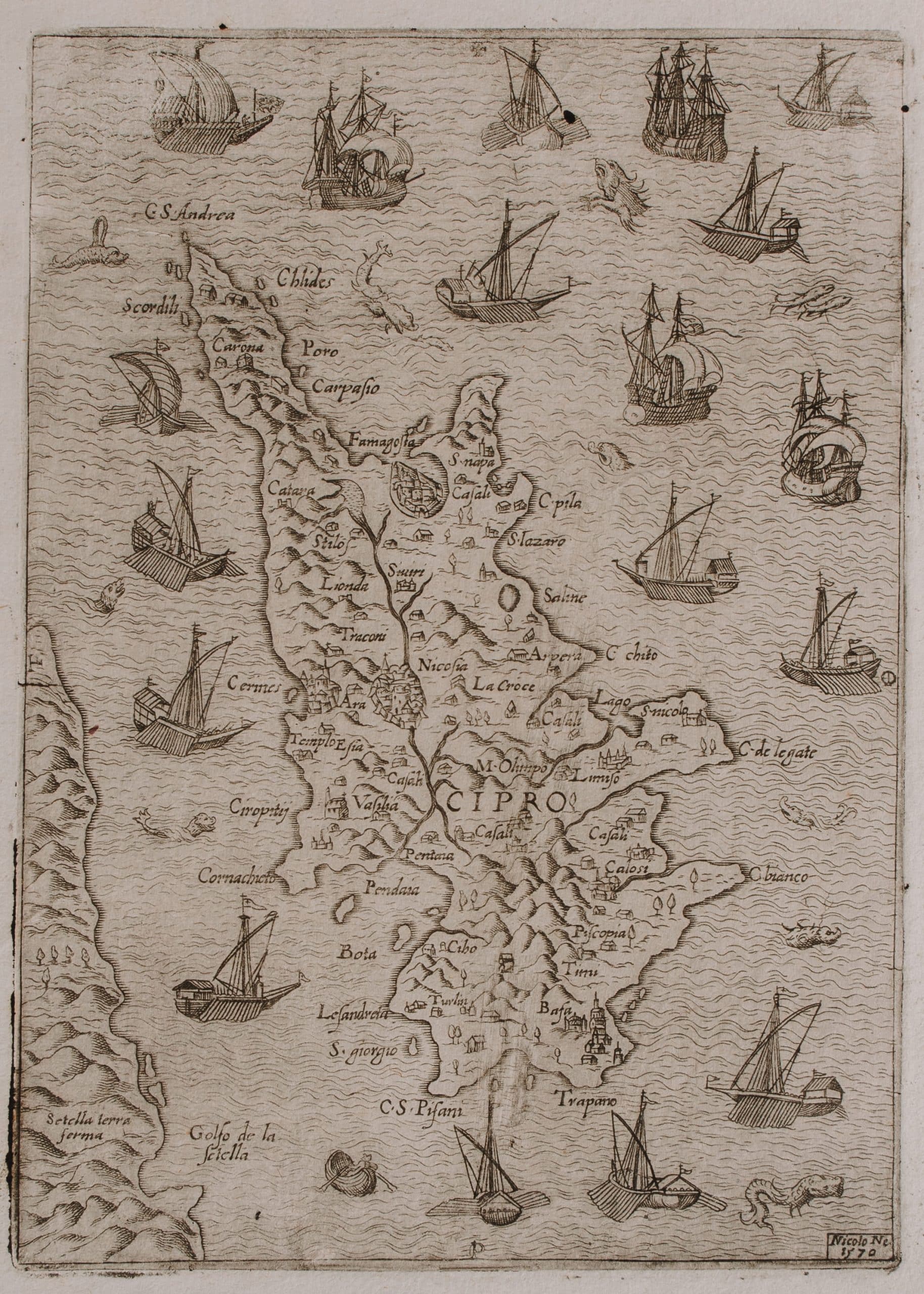
CIPRO
This rare loose-sheet map of Cyprus was issued in 1570, the year the Fourth Ottoman-Venetian War (1570-1573), also known as the “Guerra di Cipro”, had begun...

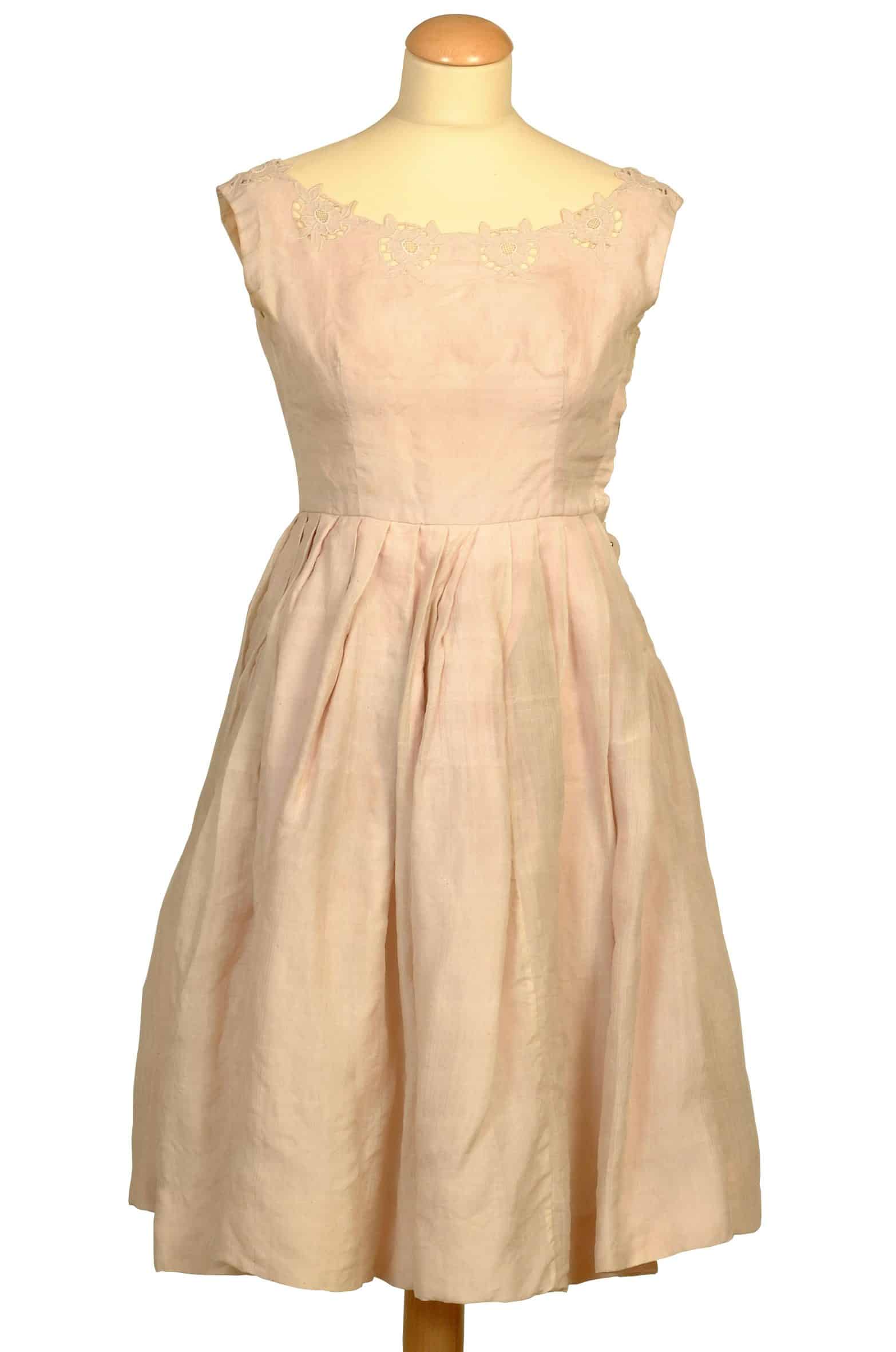
Dress
This is the dress that Loukia Zampelas wore on the day after her wedding, a Defterkatiko (Monday dress), as it is usually called. Loukia and Michalakis Zampelas were married on 6 September 1958. The dress is representative of a significant period in the social history of Cyprus (...)

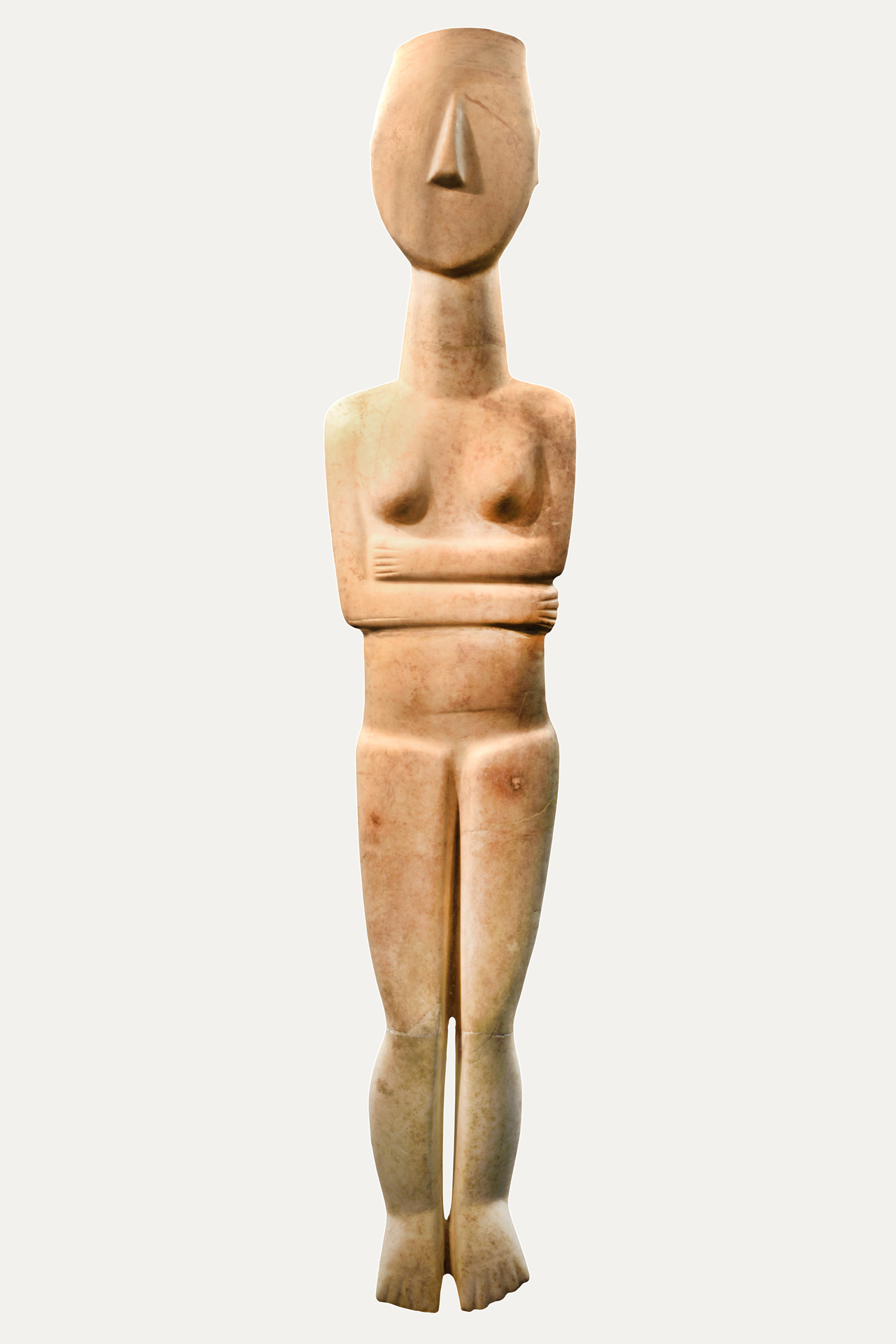
Marble Cycladic Female Figurine
The most impressive element of the Cycladic figurines is their simplicity, the fact that they lack details and colours...

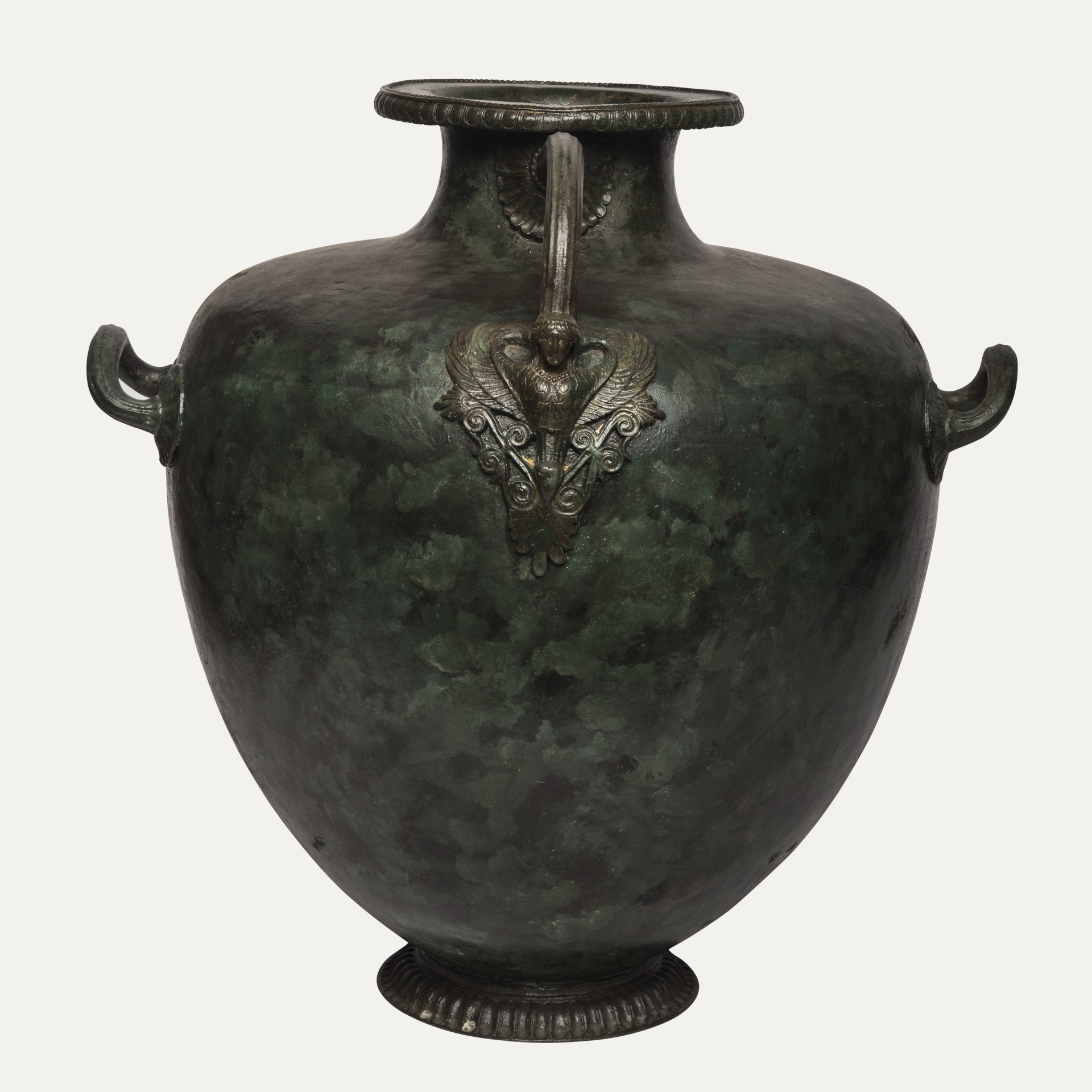
Bronze Hydria (Kalpis)
In ancient Greece, the social status of men and women was totally different, since they belonged to different categories of citizens...

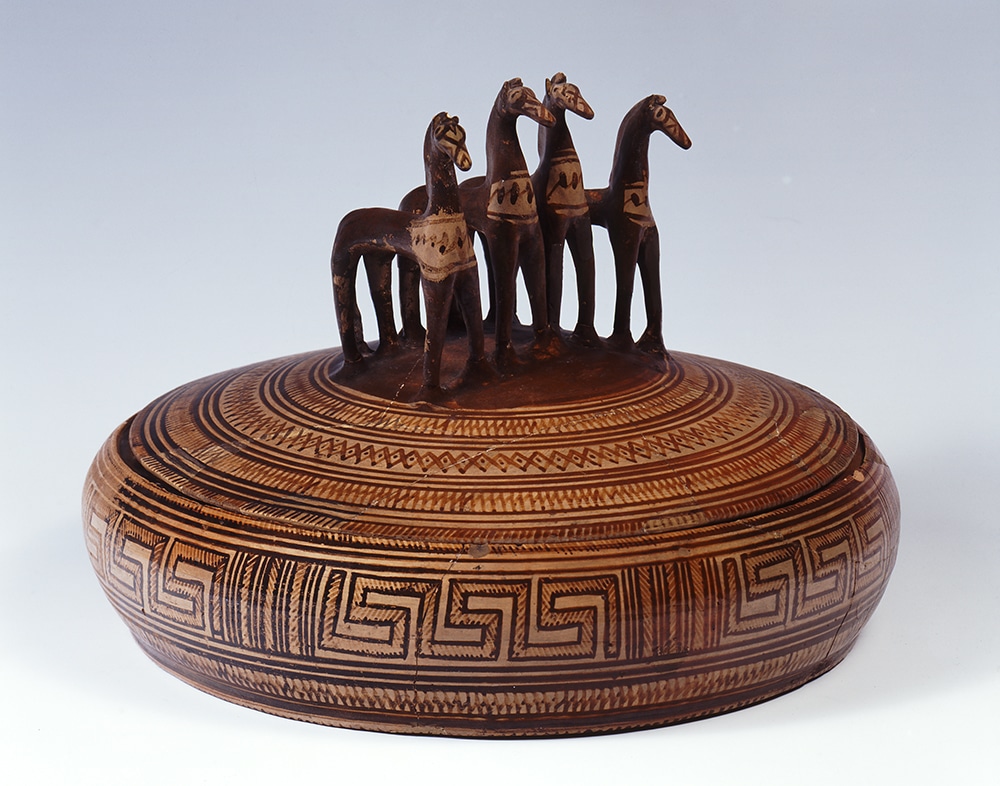
Pyxis with lid
Pyxides were clay vessels with a lid and were used for placing and safekeeping women’s jewellery and cosmetics. Most probably, the horses on the lid symbolize the privileged class of knights...

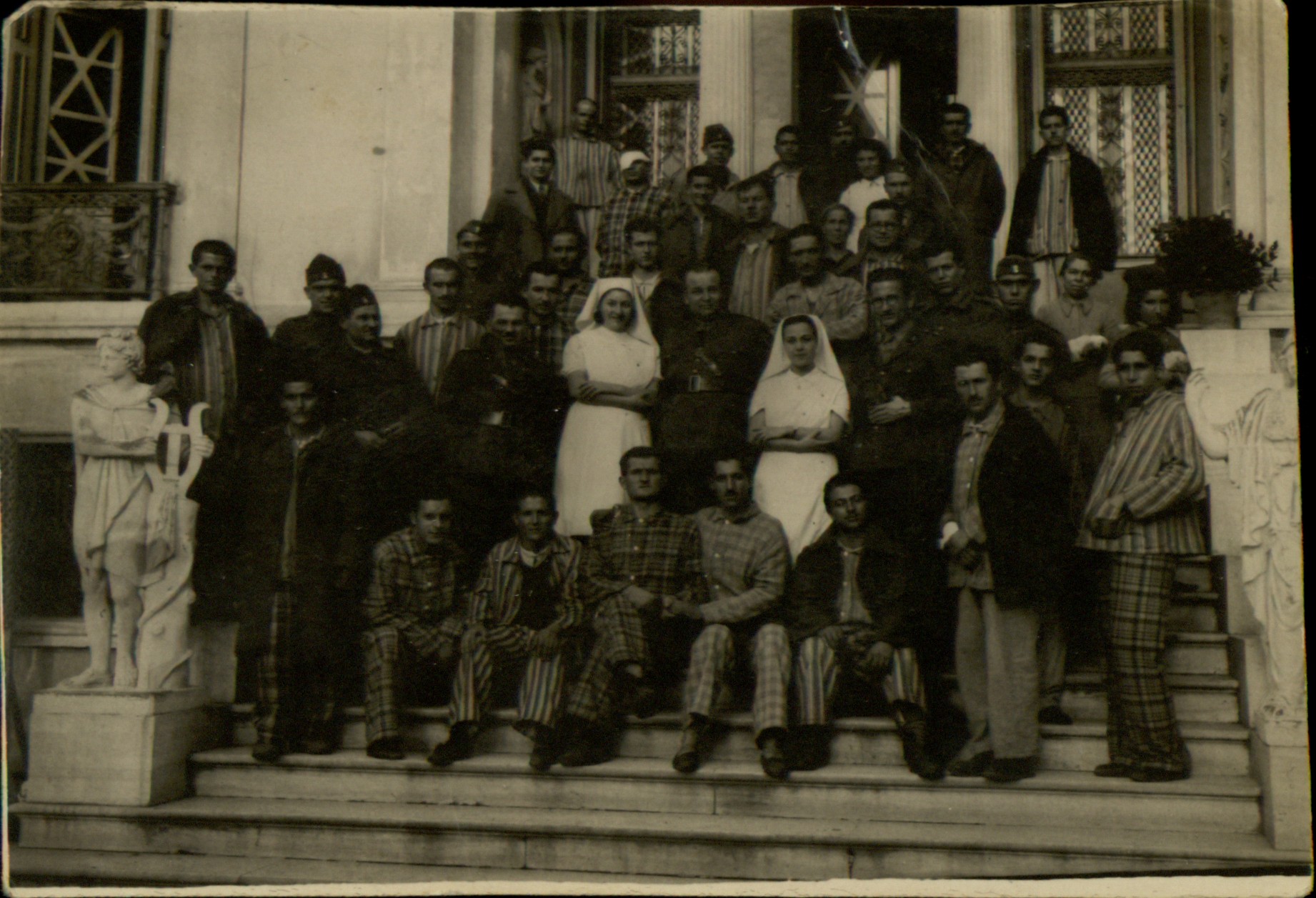
Jewish Women and WWII
The history of Jewish Resistance apart from being a strong message of collective dignity and courage in the face of destruction, conveys a universal and humanitarian message against the rhetoric of hate, racism and antisemitism...

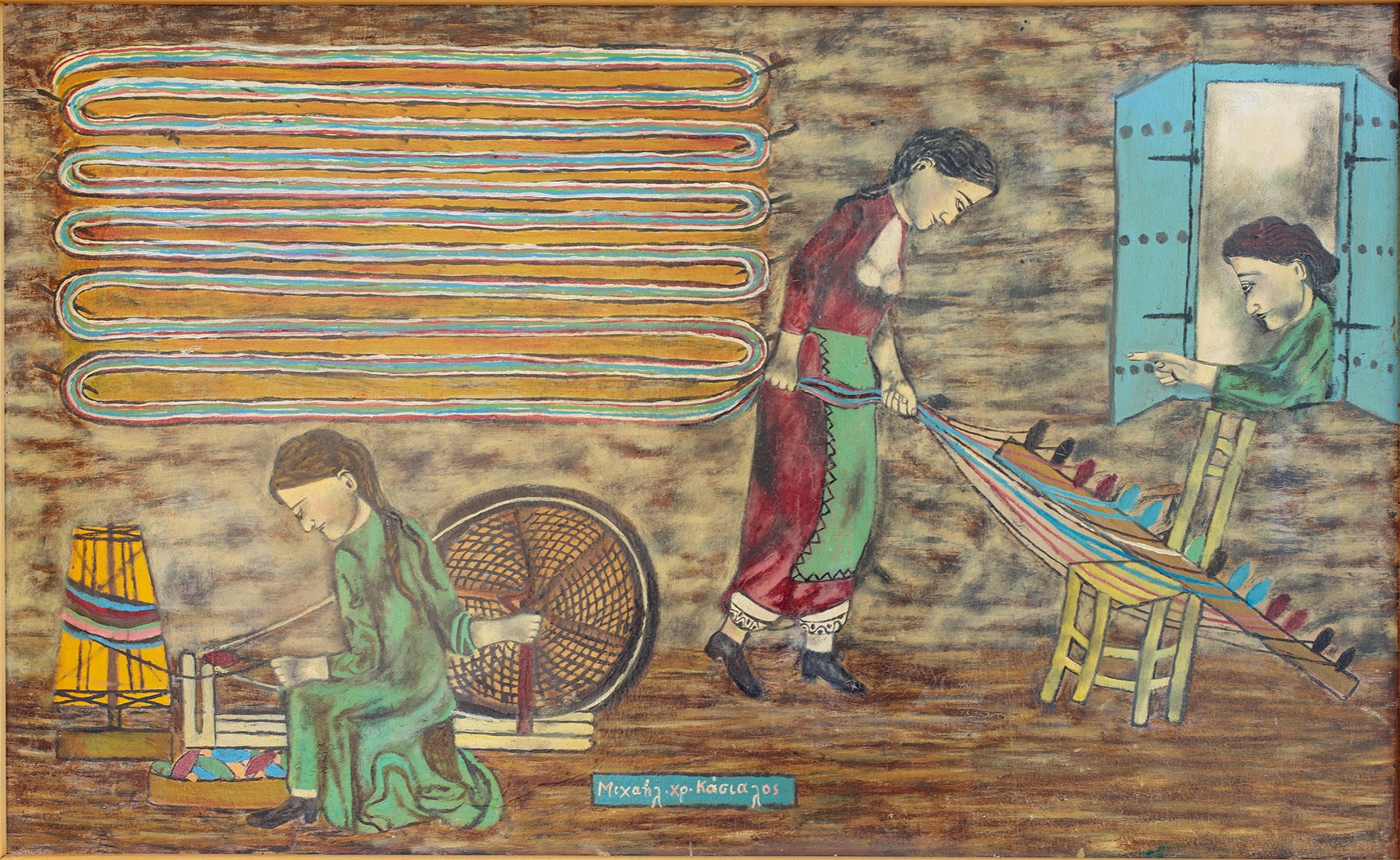
Woman with „Doulappin“
The paintings depict young women working with a “doulappin”, a simple manual machine that spins thread into loops to be used in the preparation woven and other textiles...

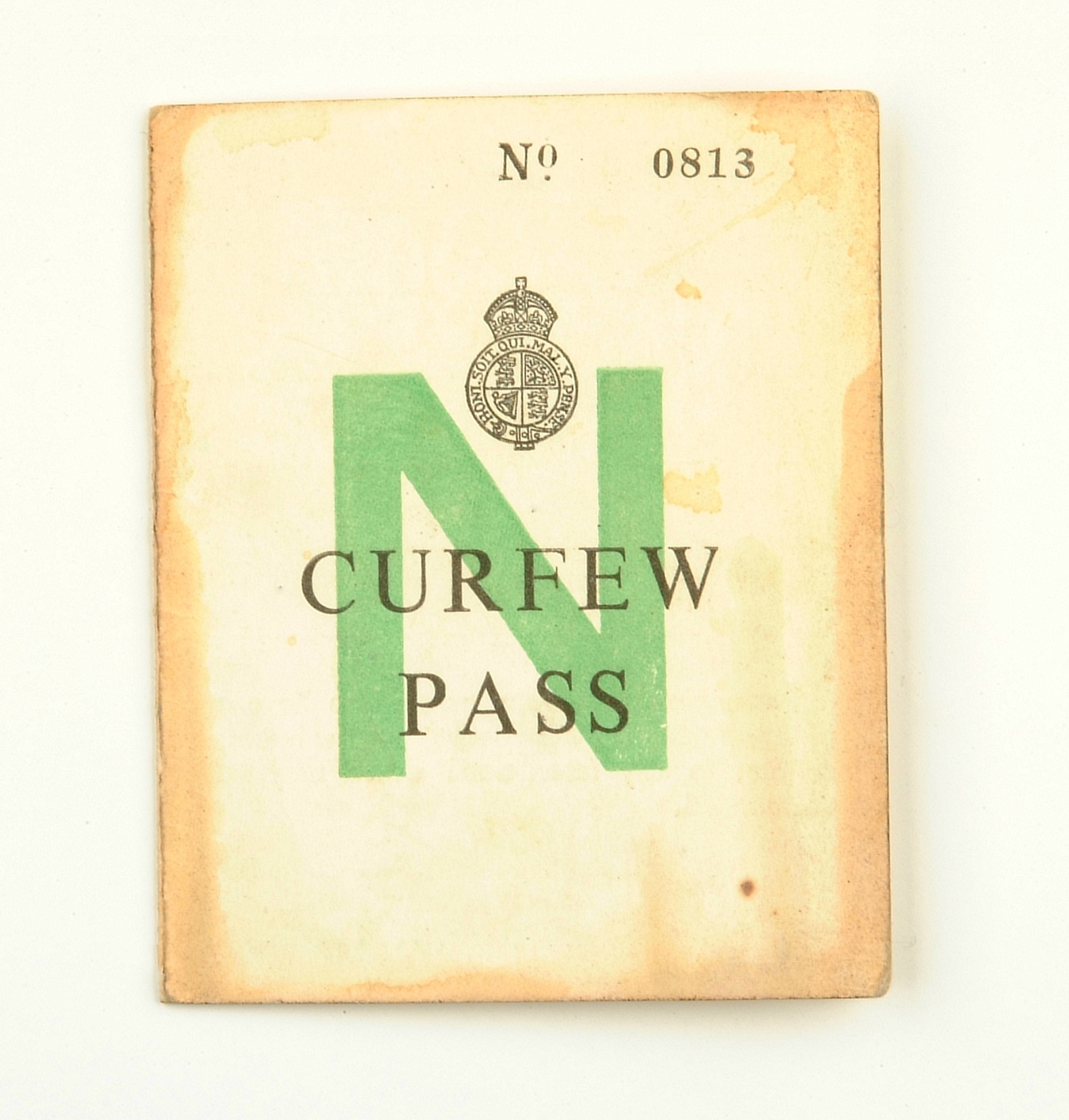
Curfew Pass
A card known as curfew pass, no. 0813. It was issued by the British administration to Pavlos Neophytou...

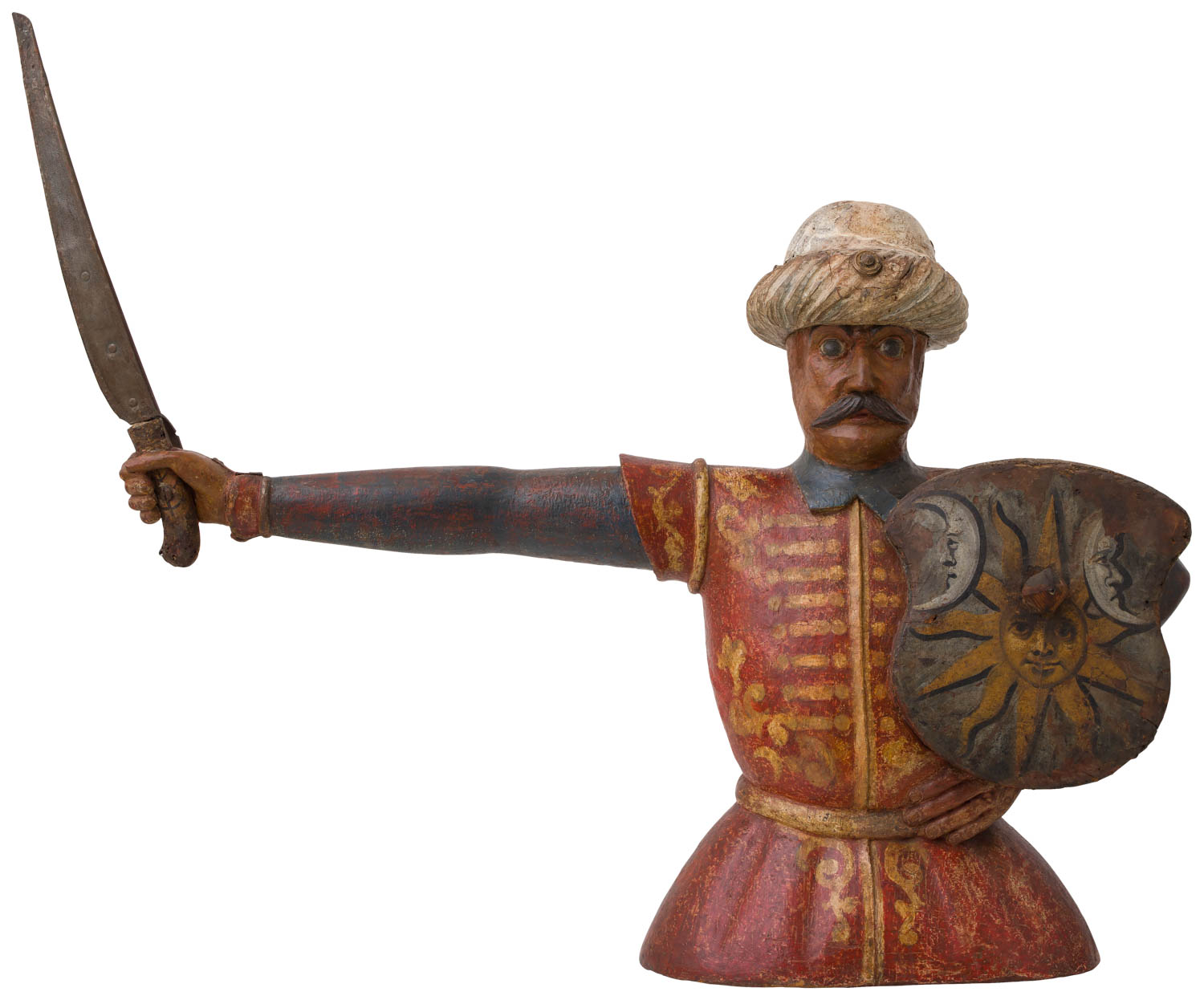
Half Figure of a „Turk“
The half figure of an Ottoman protruding from the gable of Palais Saurau in Graz, Austria does not allow for any generally accepted interpretation...

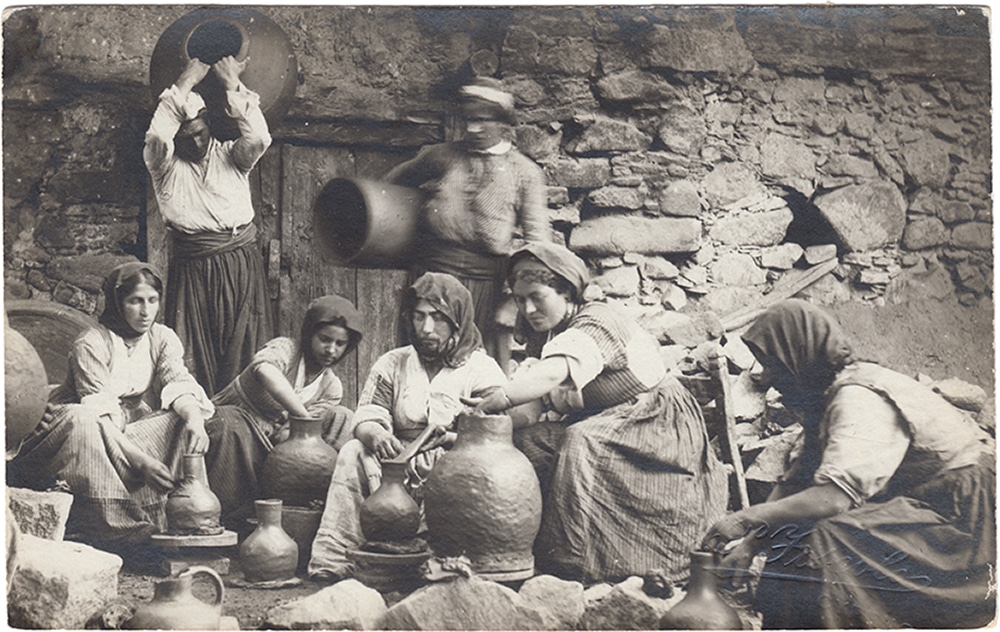
Making Chatties
The postcard depicts a group of potters in the village of Phini in Cyprus making chatties, otherwise known as pottery jars or amphorae...

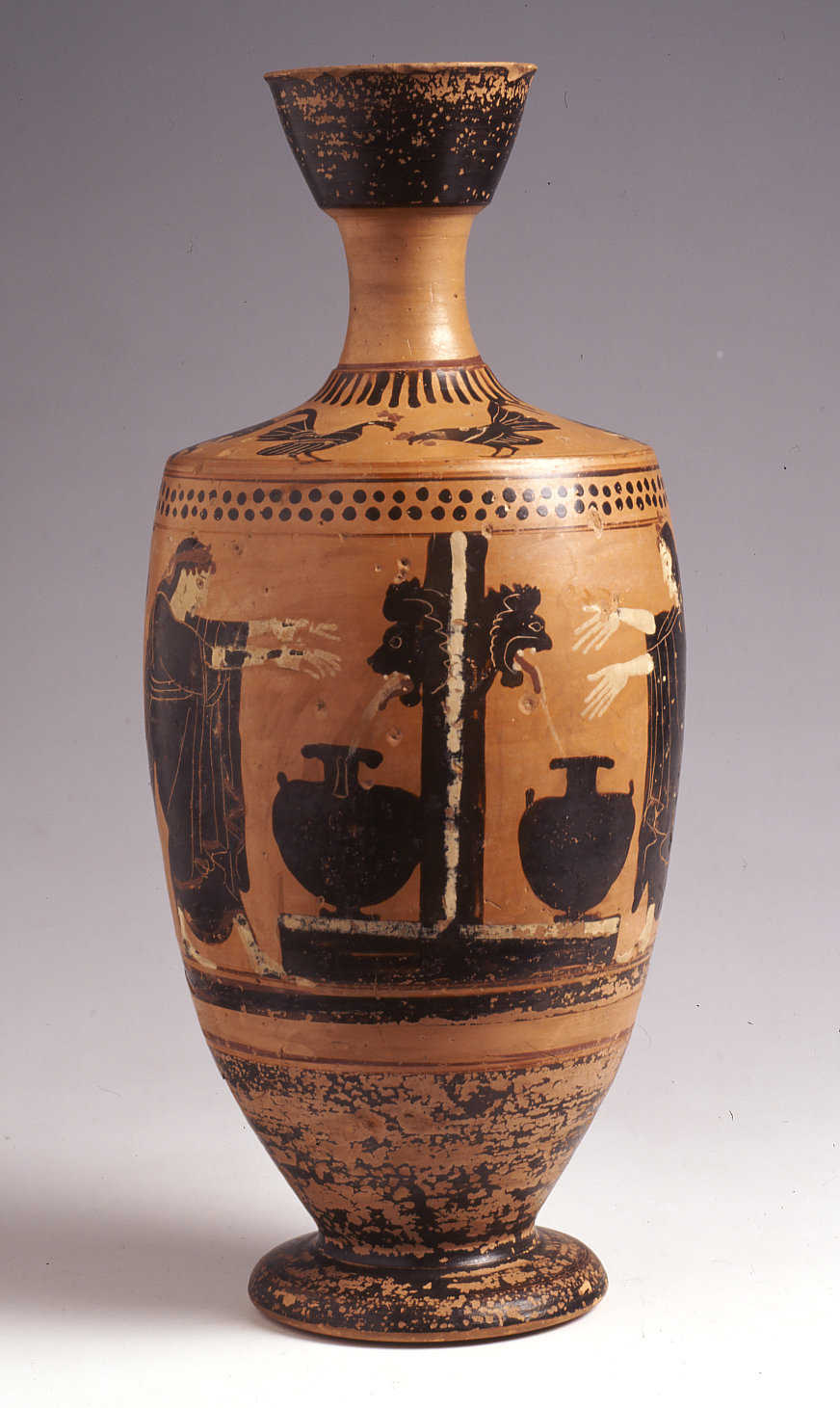
Black Figure Lekythos
Two women pour water into their hydrias at a public waterspout, in an external space, as denoted by the hermaic stele...

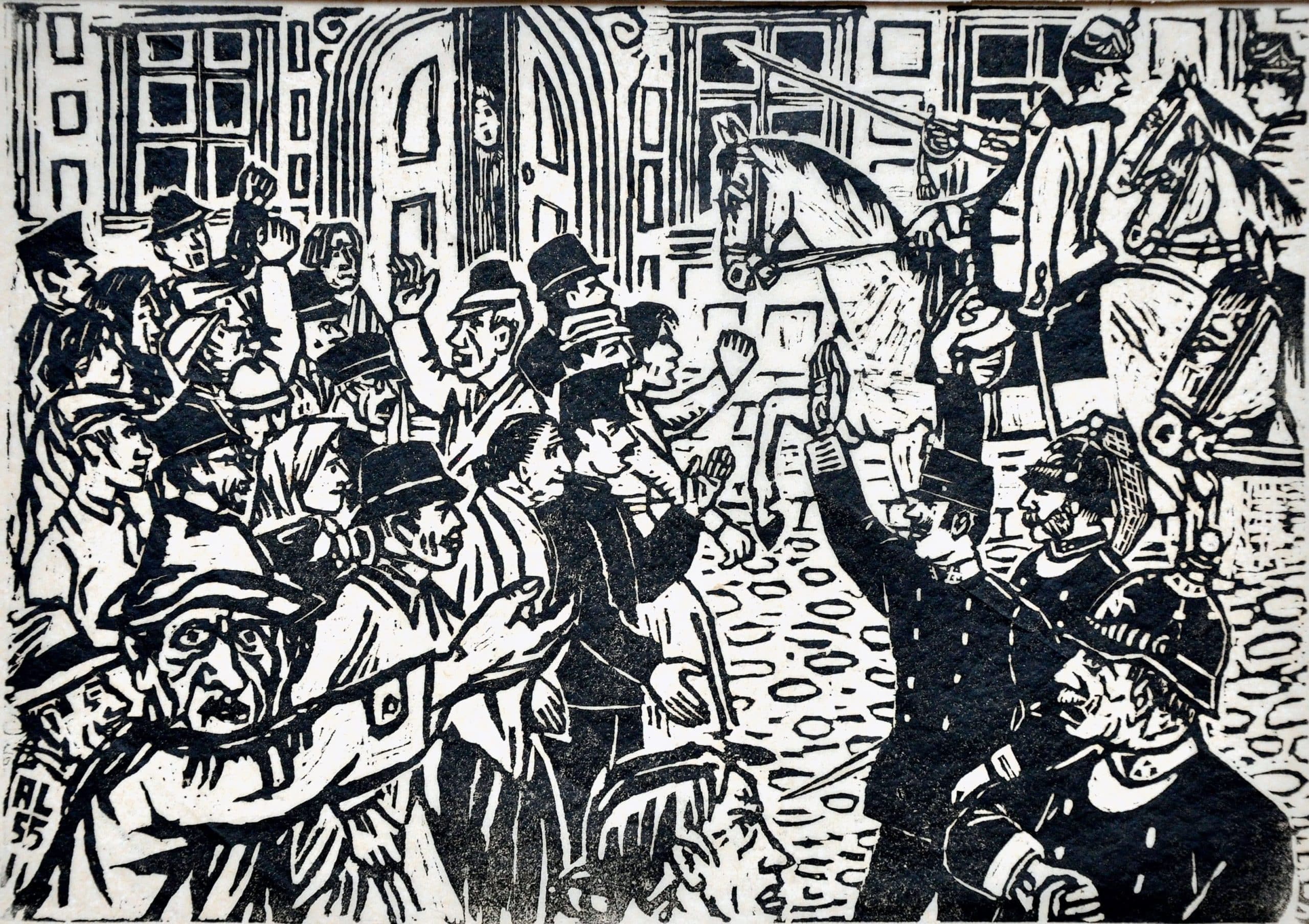
Cherry Rage
After the First World War, people suffered from hunger. Especially the increased food prices led to the escalation of a social conflict in Graz on 7 July 1920, which manifested itself in a hunger riot...

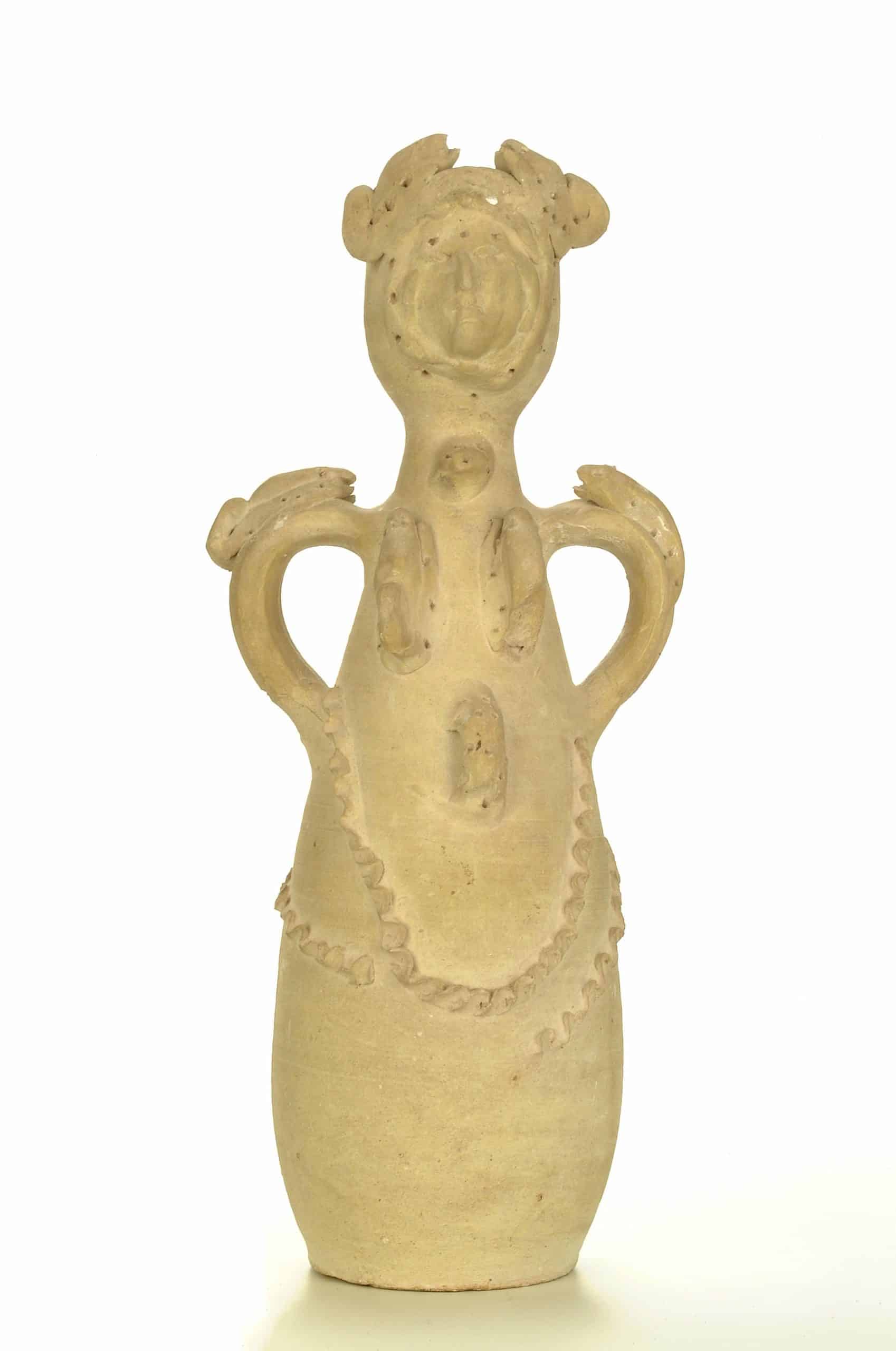
Cucumara (anthropomorphic vessel)
This is a ceramic anthropomorphic vessel with a tall oval shape and a cup-like opening. This specific type of receptacle is transformed into a female figure. The face is surrounded by crudely made hair defined by wide stripes...

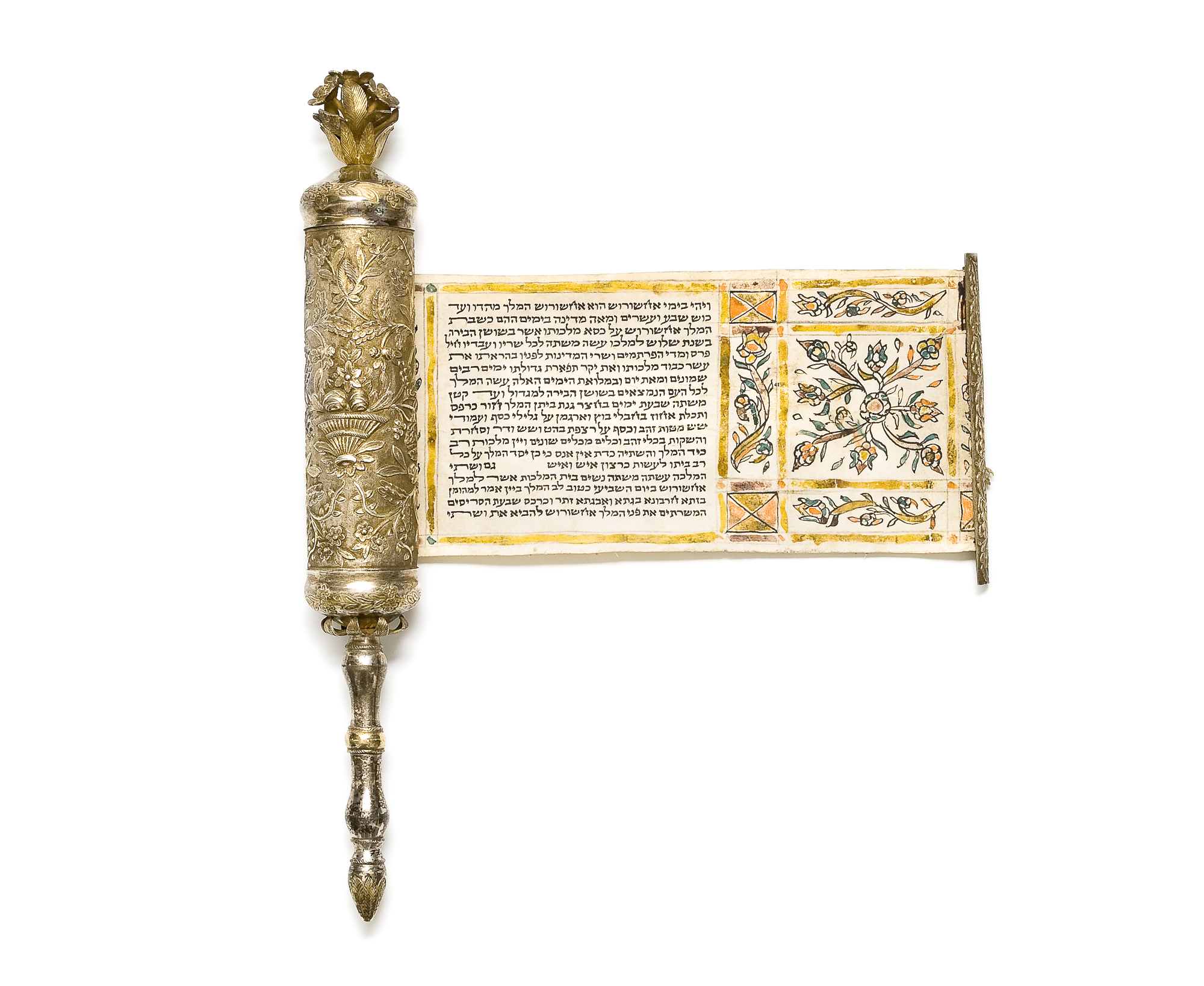
Megillah Esther
The Esther Scroll is read during Purim, a joyous festival celebrated on the 14th of the Hebrew month Adar...

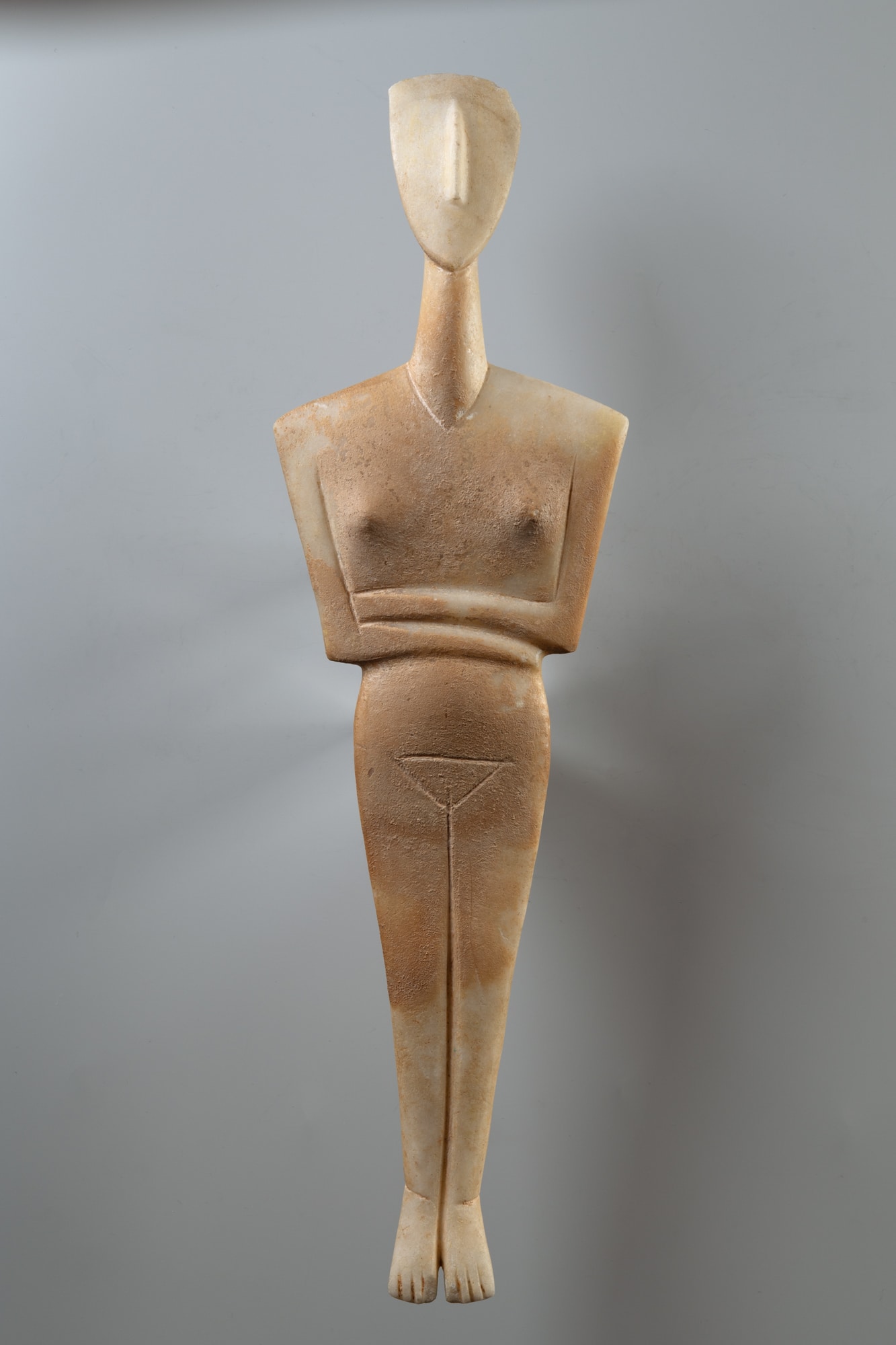
Marble Cycladic female figurine
The marble figurines are the masterpieces of Cycladic Art and some of the most preliminary representations of human form...

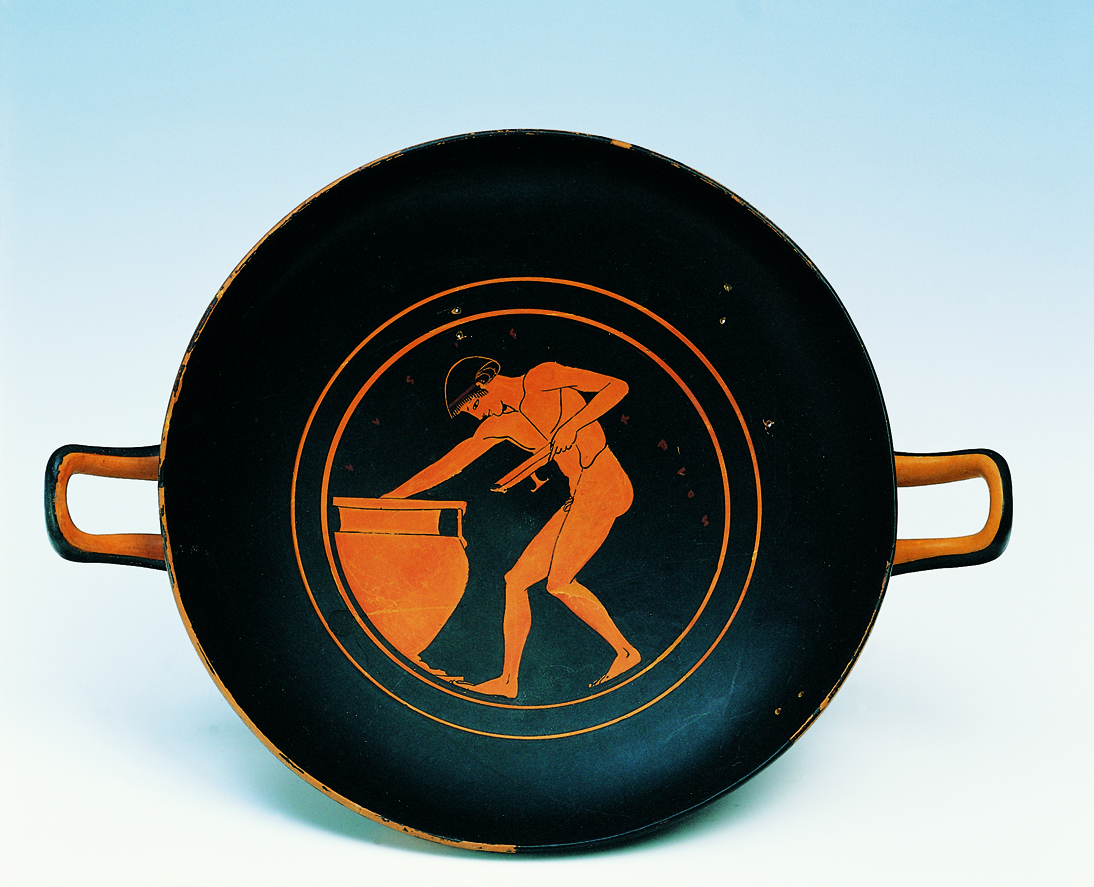
Red Figure Kylix
The medallion on the interior of the kylix shows a naked youth drawing wine with an oinochoe from a krater...

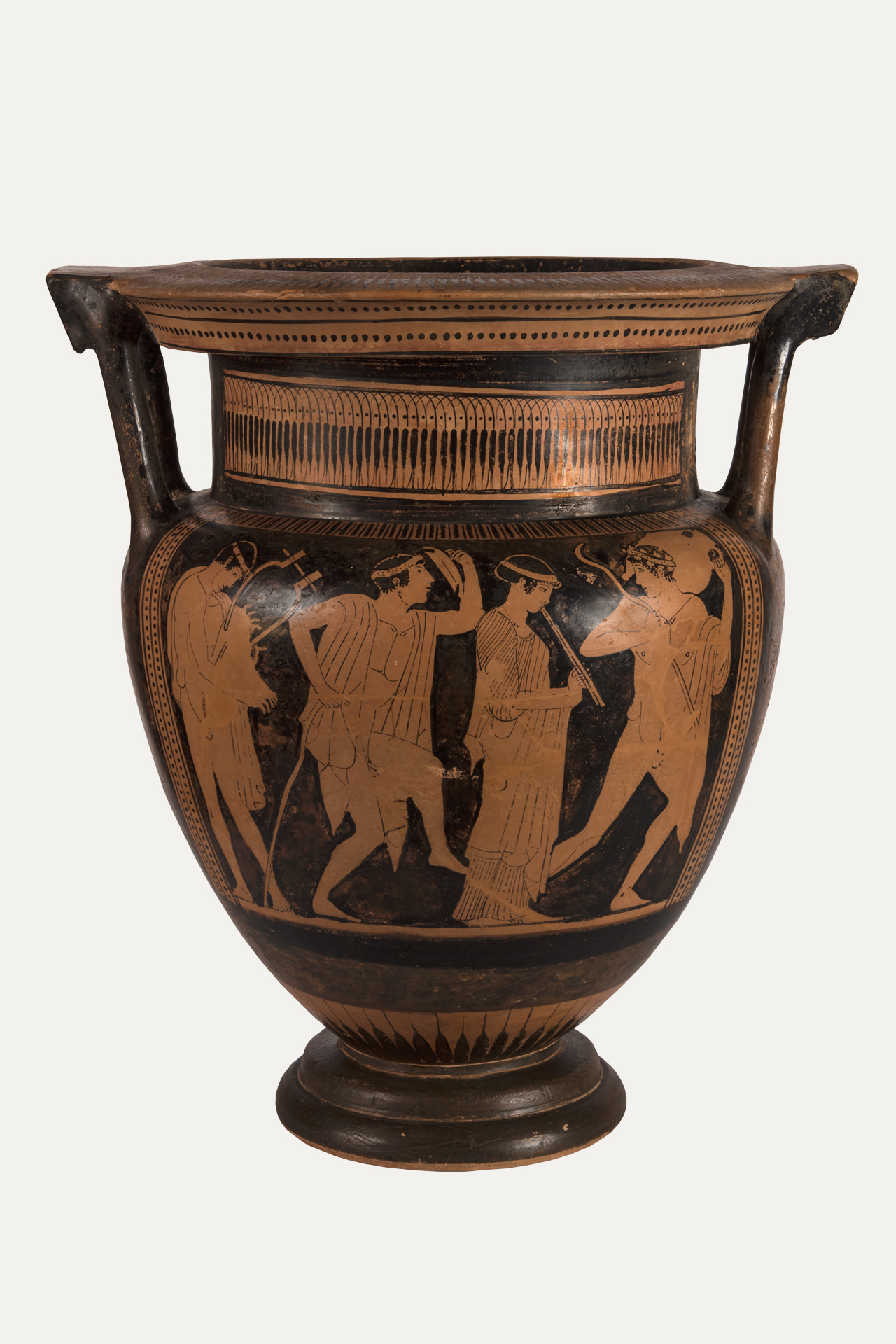
Krater
The vase depicts a komos scene, a scene depicting the return from a symposium. How did men and women have fun in ancient Greece?...

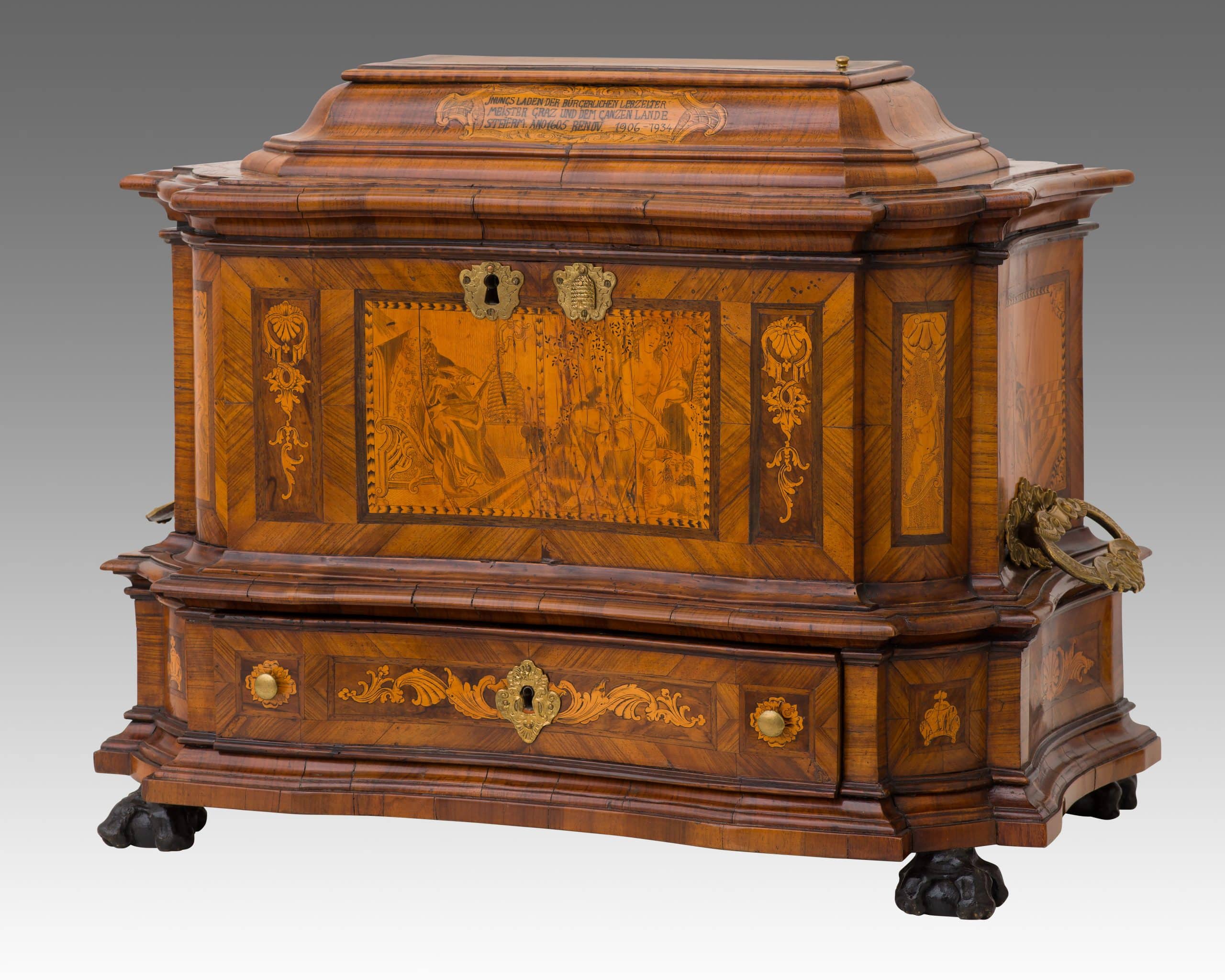
Trade Guild Chest
The richly decorated Gingerbread Baker's Chest is a symbol of a rich craft tradition. The Gingerbread Baker's were one of many guilds that formed in the Middle Ages, building up communities and organising the crafts...

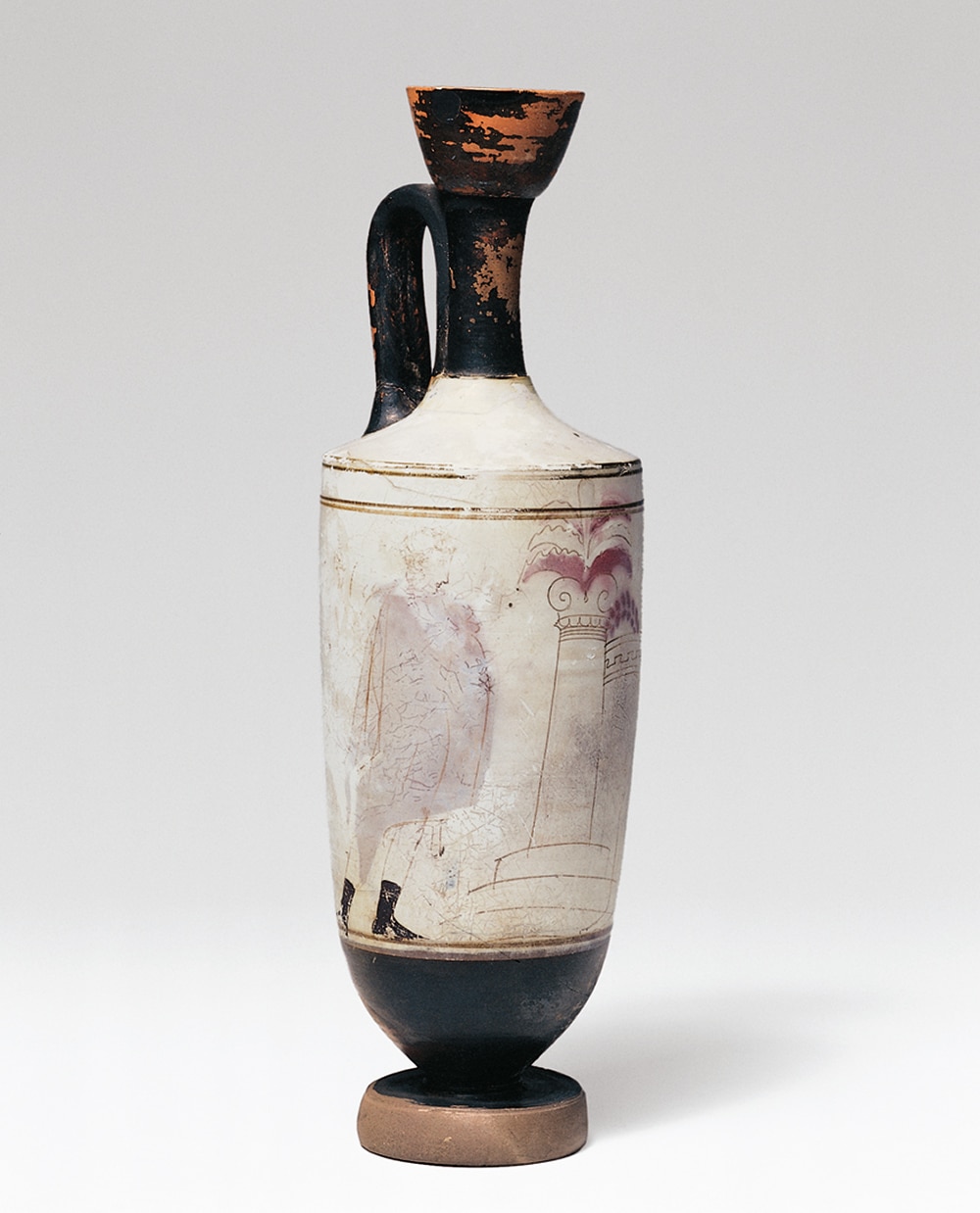
White lekythos
White lekythoi were clay vessels used for the storage of aromatic oils. In this lekythos, a veiled female figure approaches a grave holding a basket filled with offerings...

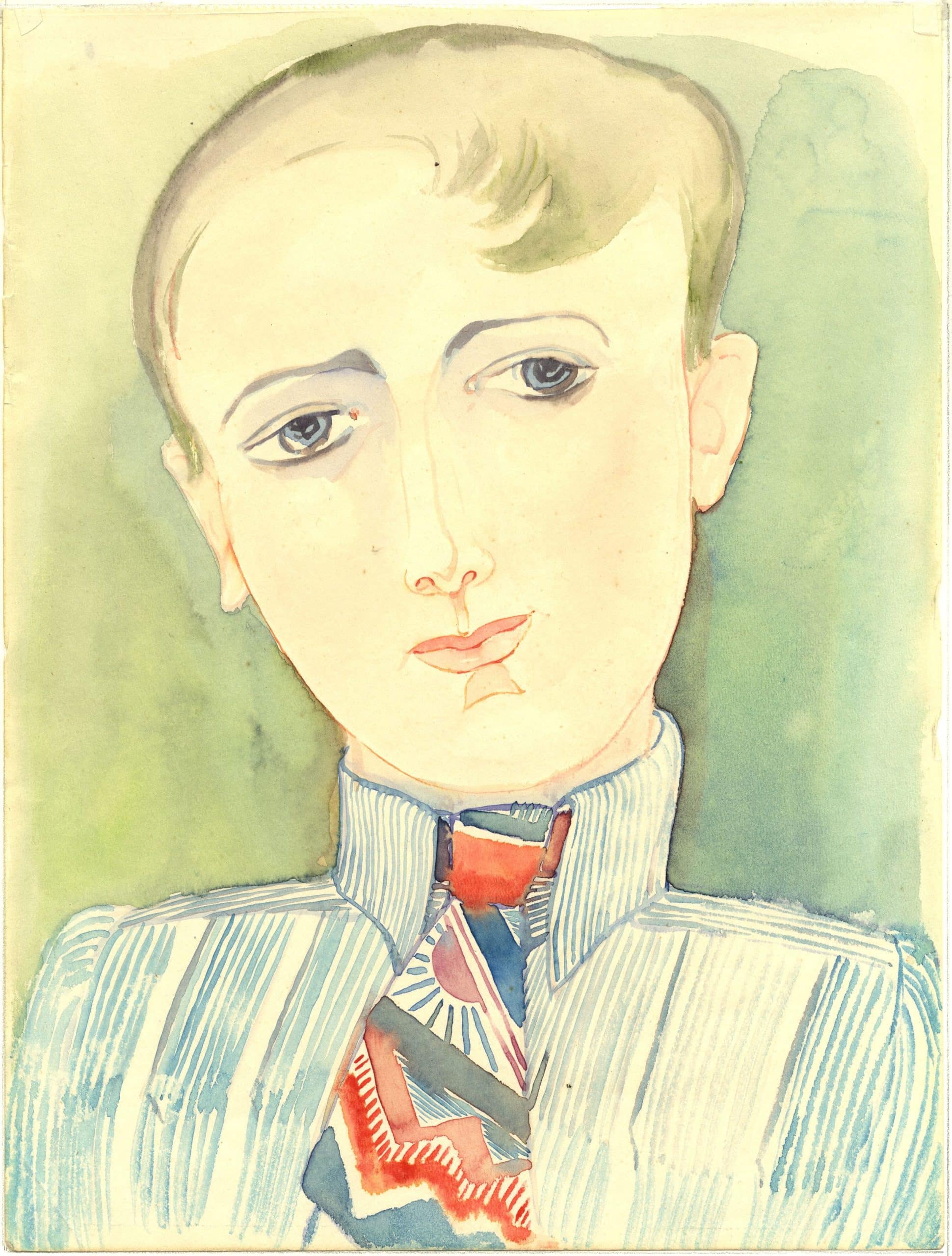
Self Portrait of Ida Maly
The (non-)identification with one gender has always heated up tempers and shed light on general socially accepted role models...

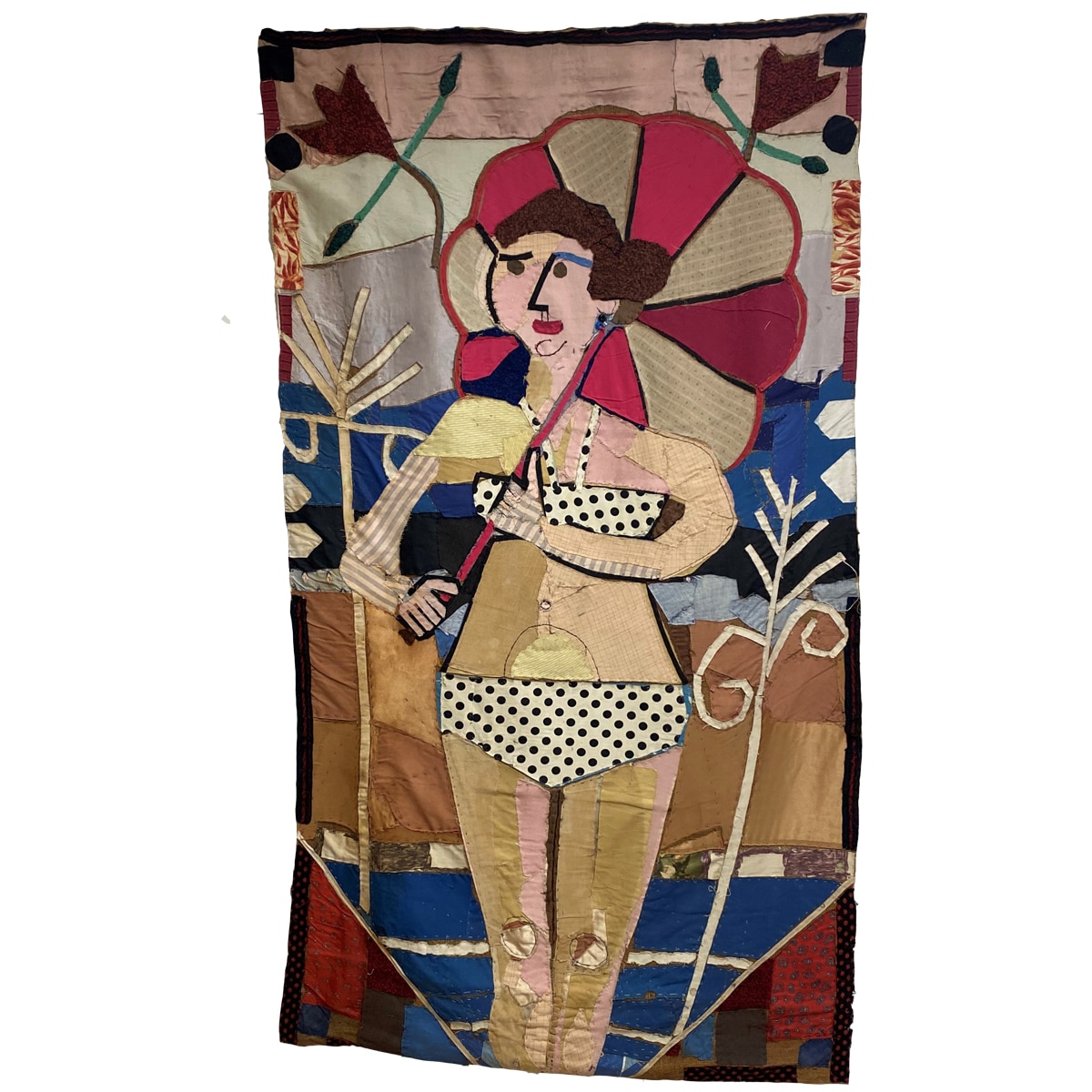
Yfasmatography’ [textile collage]
This large textile collage is an untitled work by the Cypriot artist Christoforos Savva. It depicts a female figure wearing a bikini and holding an umbrella. According to a statement by Savva’s collaborator, the Welsh artist Glyn Hughes, the artwork...

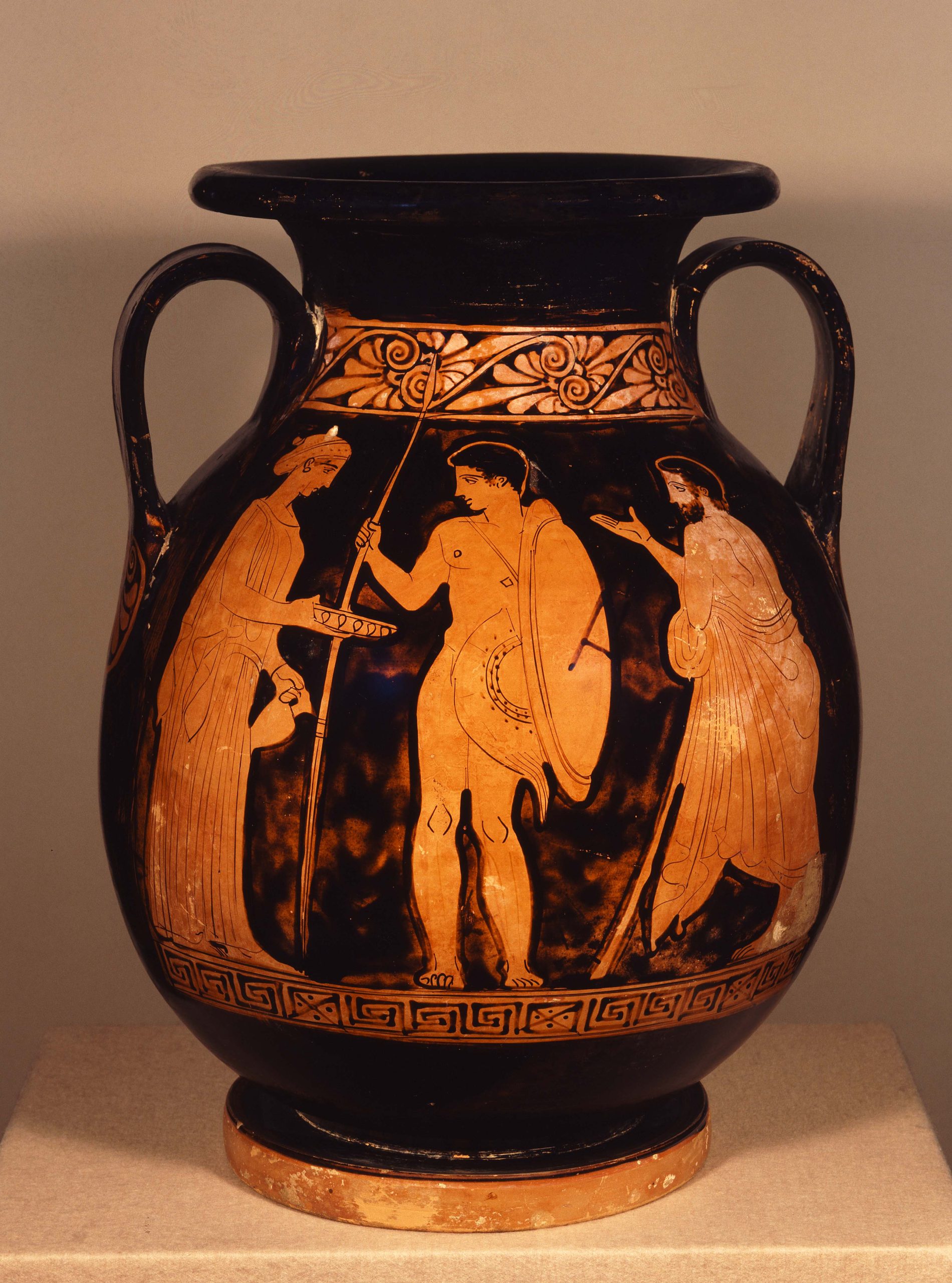
Red Figure Pelike
A farewell scene of a warrior is depicted on the pelike, a quite popular subject of the 5th century BC...

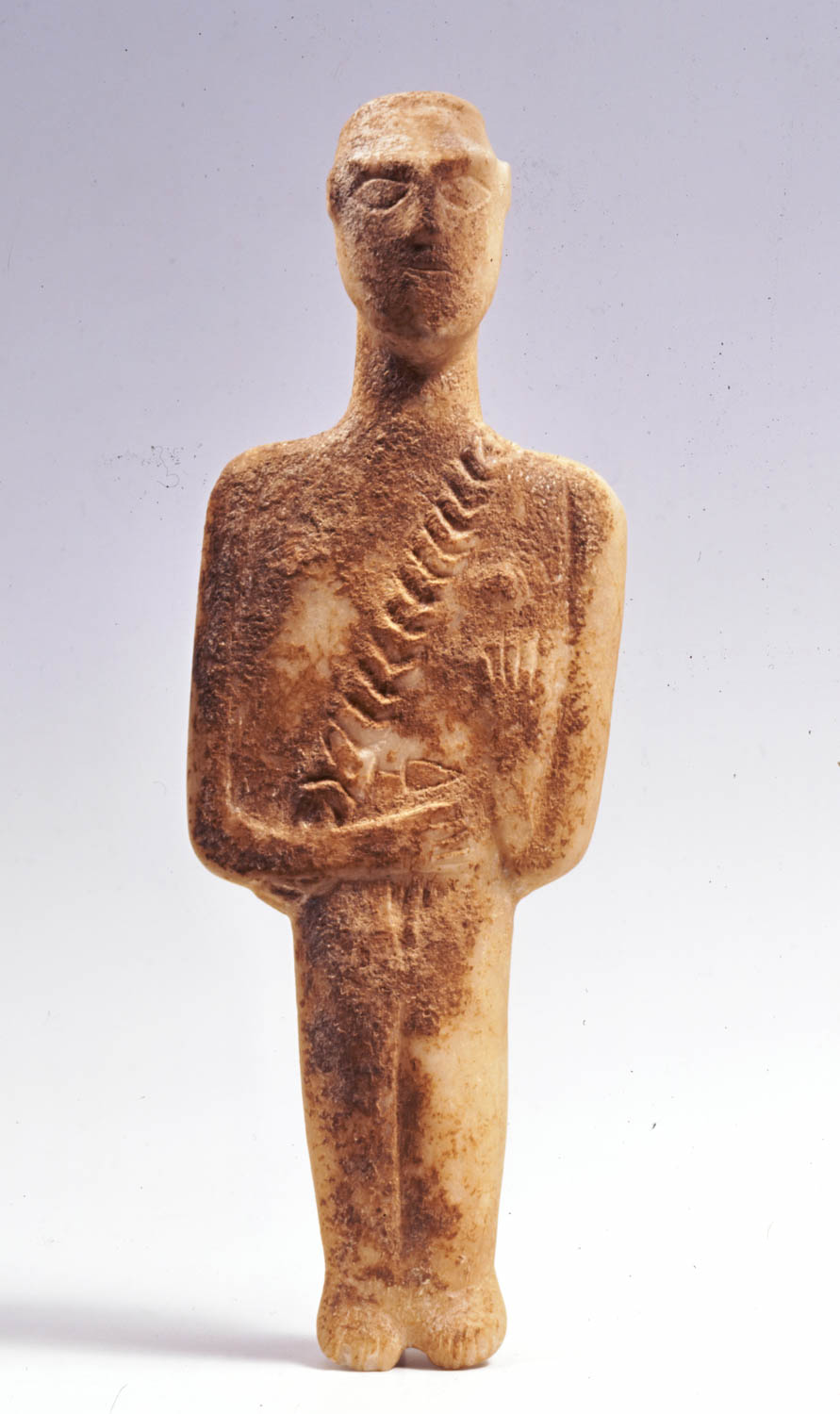
Marble Figurine of the Hunter or Warrior
Male figurines depict men in movement or with characteristics which denote a role...

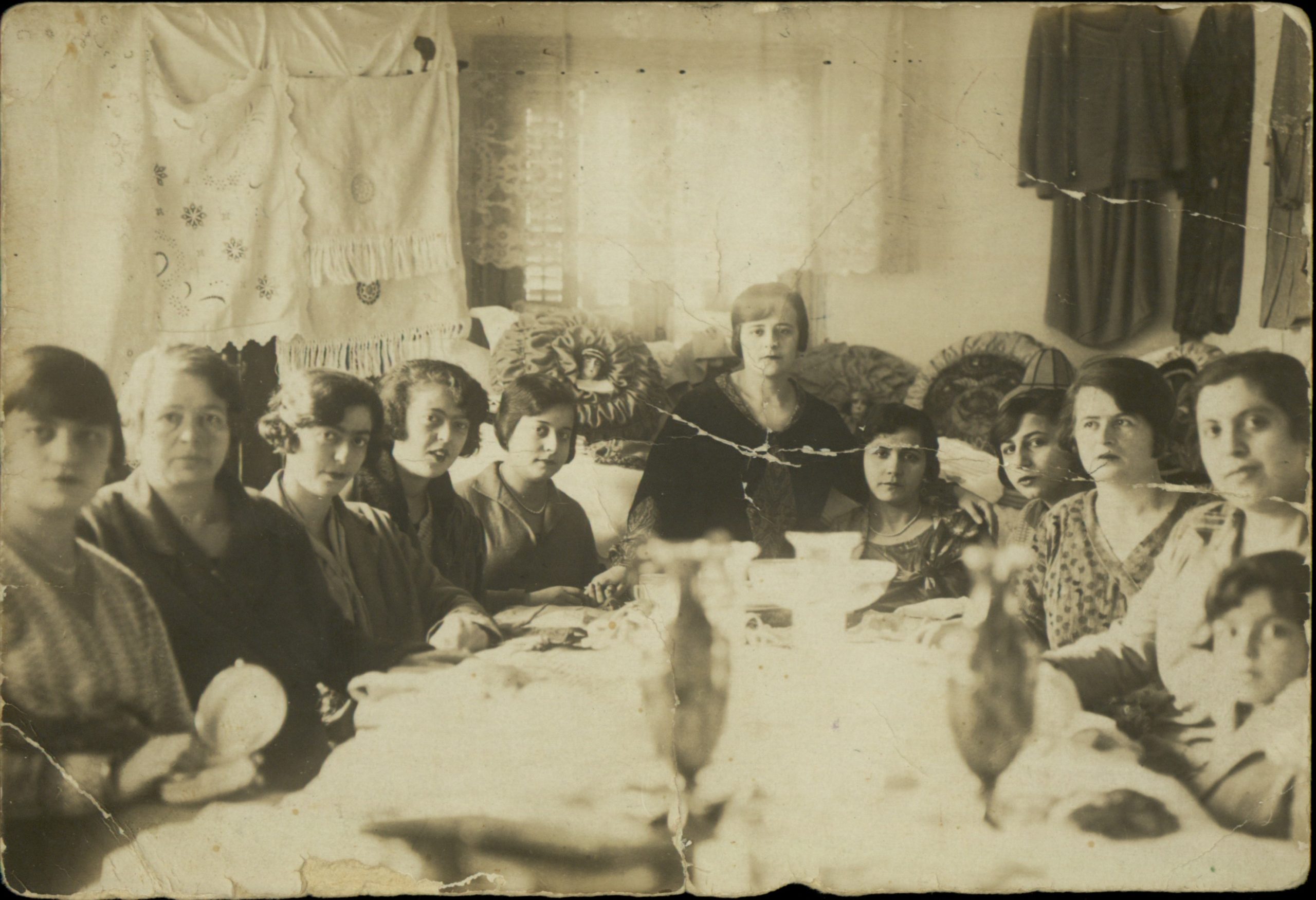
Photograph of the Trousseau
The trousseau consisting of the bride's clothing, bedlinen, tablecloths, towels and all the necessaries for a new home, as well as embroidered and valuable items for the family and the rite of passage ceremonies...

 Identities
Identities Conflicts
Conflicts Craftsmanship
Craftsmanship